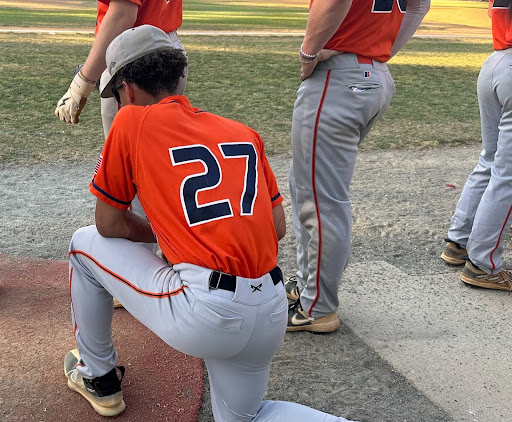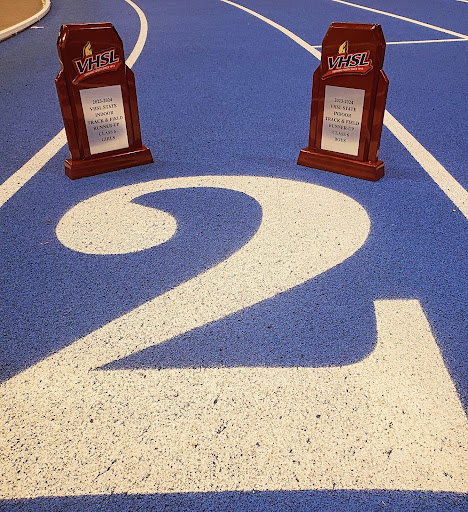Teacher-coaches tackle 2 jobs at once
Balancing schoolwork, sports isn’t a challenge faced only by students
Whether grading papers for students, or planning the next starting lineup, teacher-coaches do it all.
Recently, boys lacrosse coach Ryan Richardson became a history teacher here at WS. He is taking on the daunting tasks of being a teacher-coach. However, having previous experience at Centreville, he has mastered the art.
“Teaching and coaching are very much reciprocal and work together. The primary goal is to teach these life lessons in addition to the sport in order to be successful,” said Richardson.
But Richardson is not the only one taking the bull by its horns. Teacher-coaches like girls’ soccer coach John Alukonis, field hockey coach Tina Nham and football coach Jason Eldredge all have to work hard to support their two-way lives.
“It’s exhausting at times,” said Eldredge. “It’s struggle to maintain a balance.”
Having an important job like teaching or coaching is definitely not easy, and it hardly leaves space for anything other than work. Teacher-coaches have multitudes of extra work that a regular teacher or regular coach wouldn’t have to deal with. For example, they have to plan practices while simultaneously allotting time to help out students with schoolwork, or supervising the team’s grades and their own class’s grades. Even though they barely have any time on their hands between their teaching duties and their coaching duties, these outstanding individuals always seem to have fun getting the job done.
“I get to impose my philosophy in two different environments. [It] allows [students] to get to where they need to be,” said Eldredge.
As teacher-coaches, their jobs enable them to not only have fun, but also allow them the privilege of creating close and tight-knit relationships with their players. It allows them to connect with their players on both personal and academic levels; an important advantage when trying to understand teenage students.
“Make sure that you’re able to understand high school kids as both athletes and as students [so you can] understand them as student athletes,” said Alukonis.
There are certain ideals that teacher-coaches attempt to pursue for themselves, and for their student athletes. They themselves strive to make the team better as a whole, and as a part of the job, they encourage unity for their teams and promote unwavering loyalty and dedication. Not only this, but they expect hard work and effort every day from their players, no matter what.
“You have to teach life lessons such as leadership, work ethic [and] team-building to have them [become] outstanding citizens,” said Richardson.





